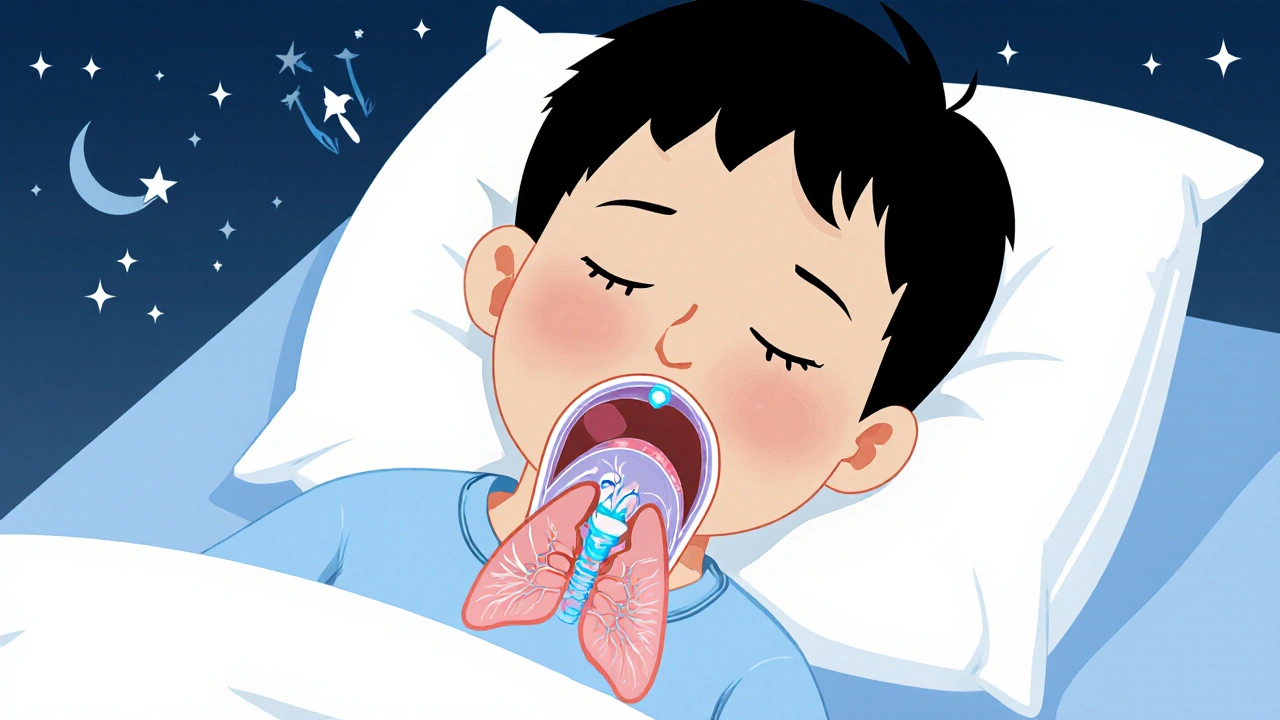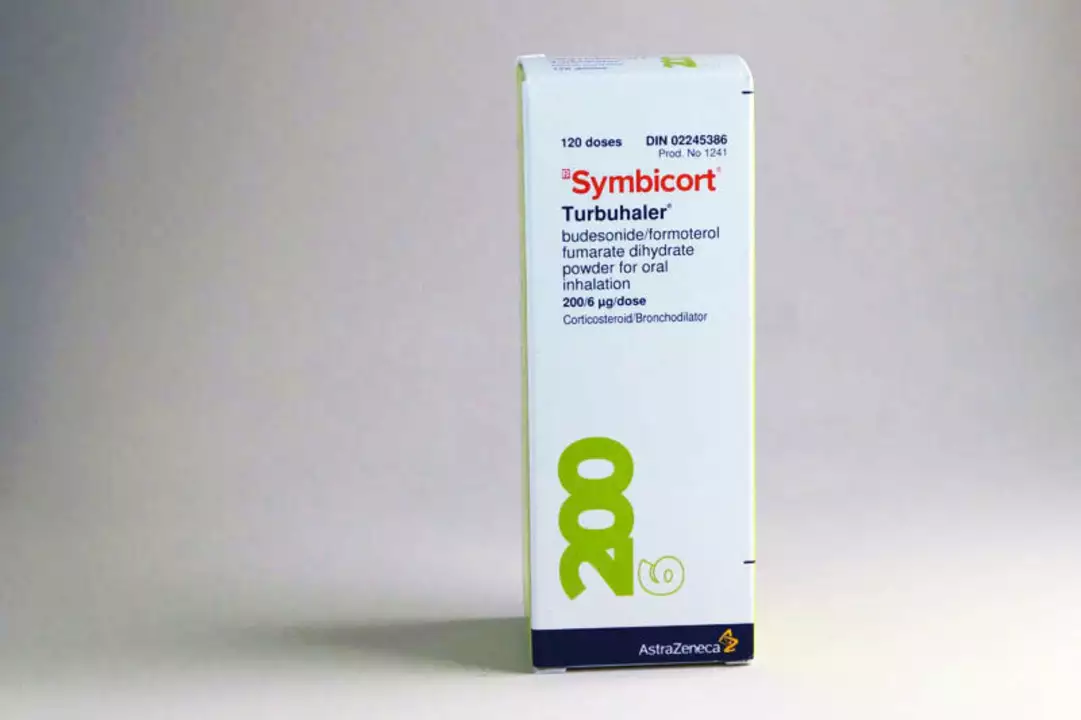Asthma, allergies, and common infections are part of childhood — but you don’t have to feel lost. This page gives straight, useful steps for keeping your child healthy, handling medicines, and making day-to-day care less stressful.
Start with a simple plan. Know your child’s diagnosis, usual symptoms, and what counts as an emergency. For example, with asthma you should track wheeze, cough at night, and trouble breathing. Keep an action plan from your doctor and post a copy where caregivers can see it.
Daily habits matter. Handwashing, good sleep, balanced meals, and avoiding smoke lower the chance of flare-ups. For seasonal allergies, check pollen forecasts and limit outdoor time on high days. If your child has eczema, a mild soap, regular moisturizer, and avoiding hot baths often help.
School and activities need coordination. Tell teachers and coaches about medicines, triggers, and how to use inhalers or EpiPens. Give the school a consent form and an extra labeled inhaler or medication if allowed.
Follow the prescription, not internet advice. Use medicines exactly as the clinician prescribes. If your child uses an inhaler, practice the technique at home. Many kids do better with a spacer—ask your pharmacist to show you one and how to clean it.
Know the meds by purpose, not just name. Some drugs prevent symptoms (controller medicines) and some relieve symptoms quickly (rescue medicines). Budesonide formoterol, for example, pairs an inhaled steroid with a fast bronchodilator so it both reduces inflammation and eases breathing during flare-ups. Talk to your doctor about whether this combo fits your child’s asthma care.
Watch for side effects and keep a log. Note changes in sleep, appetite, mood, or any rashes. If a medicine causes troubling side effects or doesn’t seem to help after the expected time, call your child’s clinician—don’t stop medicines suddenly without professional advice.
Store medicines safely—out of reach, in original bottles, and at the recommended temperature. Check expiration dates before use. When traveling, carry a printed action plan, a signed note from the prescriber for controlled meds if needed, and extras in case of delays.
Finally, trust your instincts. If your child looks unusually pale, is hard to wake, has severe breathing trouble, or bluish lips, get emergency care. For routine questions—dosage timing, side effects, or using devices—your pharmacist or pediatrician can give clear, quick answers. Parenting health care doesn’t have to be perfect, just organized and responsive.

Pediatric sleep apnea is often caused by enlarged tonsils and adenoids. Learn how surgery, CPAP, and other treatments help children breathe better at night and avoid long-term health risks.

As a parent, managing my child's asthma can be challenging, but I've found that Budesonide Formoterol has been a game changer. This medication combines two active ingredients to help prevent asthma attacks and reduce inflammation in the airways. It's crucial to follow the prescribed dosage and schedule to ensure effectiveness. Educating myself on potential side effects and monitoring my child's overall health has also been vital. With the right approach, Budesonide Formoterol can be a valuable tool in helping our little ones breathe easier.